Iraq
In Iraq, preserving the gentle art of Arabic calligraphy has been deemed vital for future generations and years.
Jammal Hussein who works at a construction site finds time in the course of the day to also help in preserving this centuries-old writing culture.
He hopes to push “the Iraqi government and the autonomous Kurdistan region to take serious measures” to support Arabic calligraphy and its artists.
Wael al-Ramadan earns money by teaching discipline in schools but also sells his skills for publicity purposes.
"Arabic calligraphy began to spread in the early days of Islam, encouraged by (the exchange of) letters at the time of the Prophet. Thus, the styles (of Arabic calligraphy) varied through the ten writers of the Prophet," said Ramadan.
Last week, the United Nations culture agency declared Arabic calligraphy an “intangible cultural heritage of humanity”, following a campaign by 16 countries led by Saudi Arabia, including Iraq.
Jamal Hussein has been an Arab calligrapher for decades welcomed the UNESCO decision.
"Of course, it is very good news that UNESCO has included Arabic calligraphy as an intangible cultural heritage. It is a great initiative to support this art on a global scale, which shows that the global side of Arabic calligraphy is not limited to Arabic calligraphers," said Ramadan.
But in poor, war-torn Iraq, there is no government support “either for calligraphy or for other arts and the sanctity of the line has declined






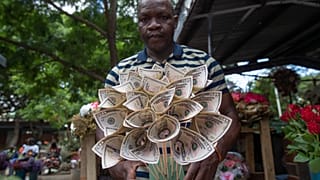
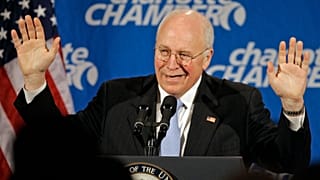
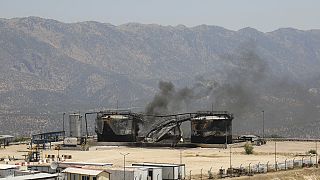
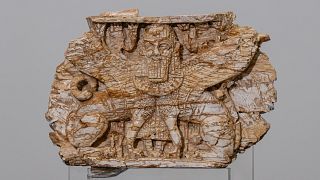

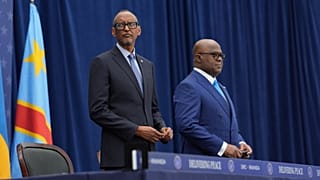
01:56
Benin's lovers less row-mantic as apps replace waterway rendezvous
01:00
Japan: Akiba Festival draws crowds despite winter cold
01:00
Vienna Opera Ball dazzles 5,500 guests at Austria’s grand gala
00:48
"Amadou and Mariam: Sounds of Mali" documents life of singing duo
01:00
Venice carnival begins with colorful boat parade and nod to 2026 Olympics
01:00
Ai Weiwei launches first solo exhibition in India